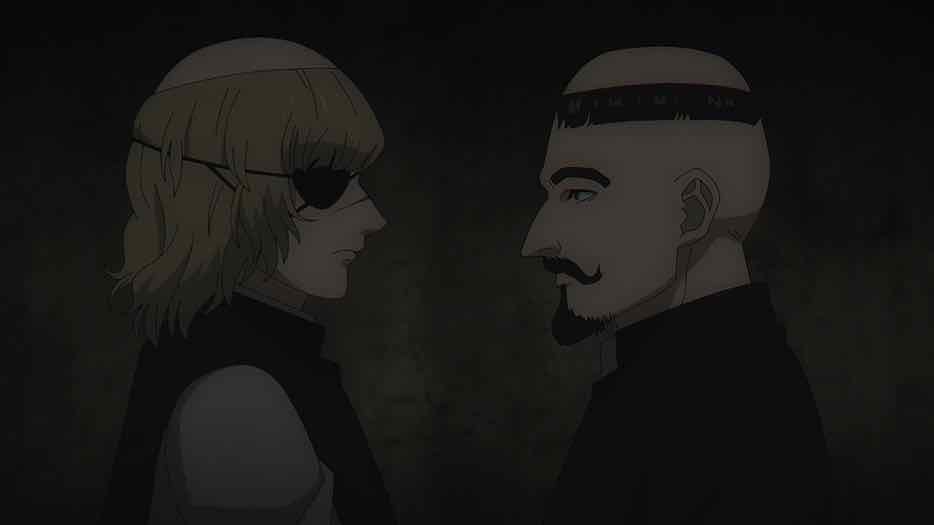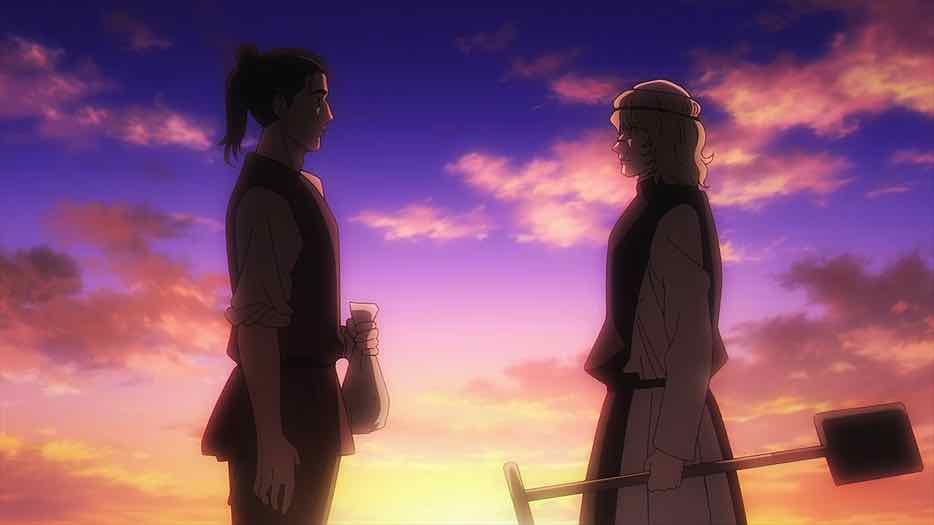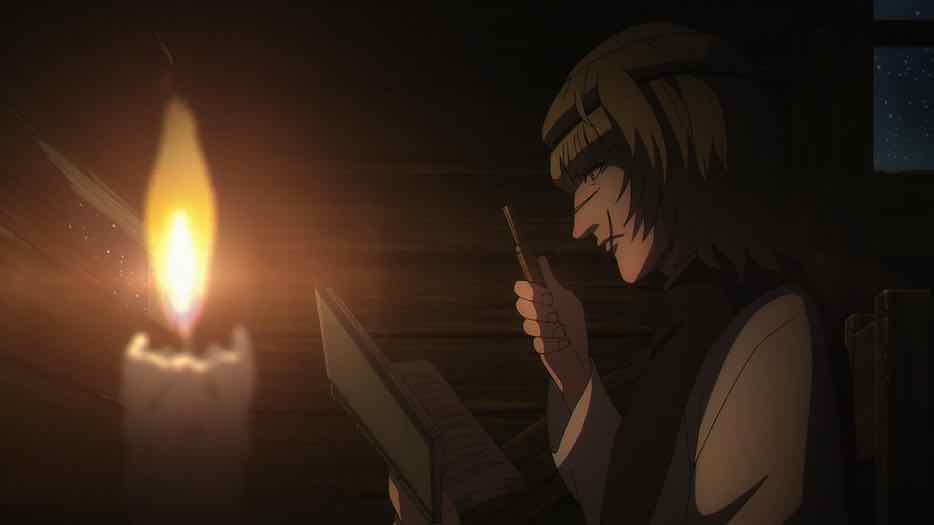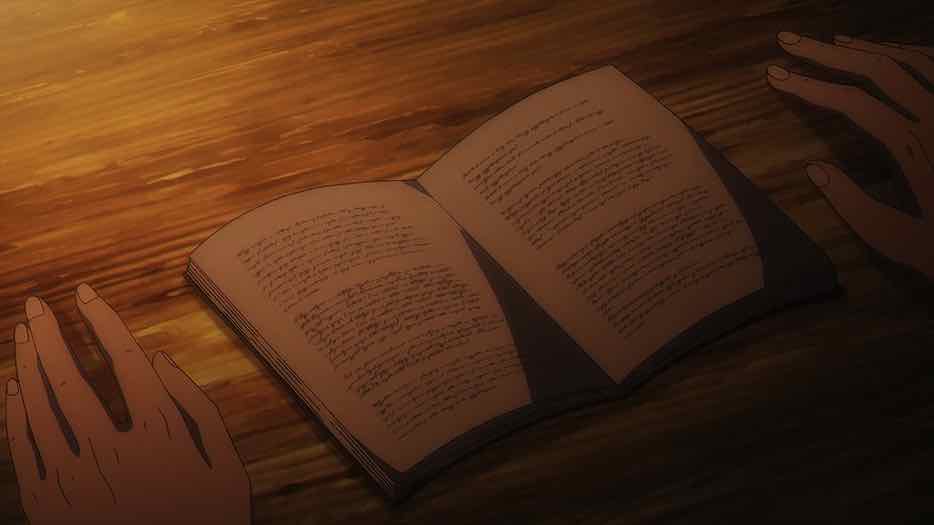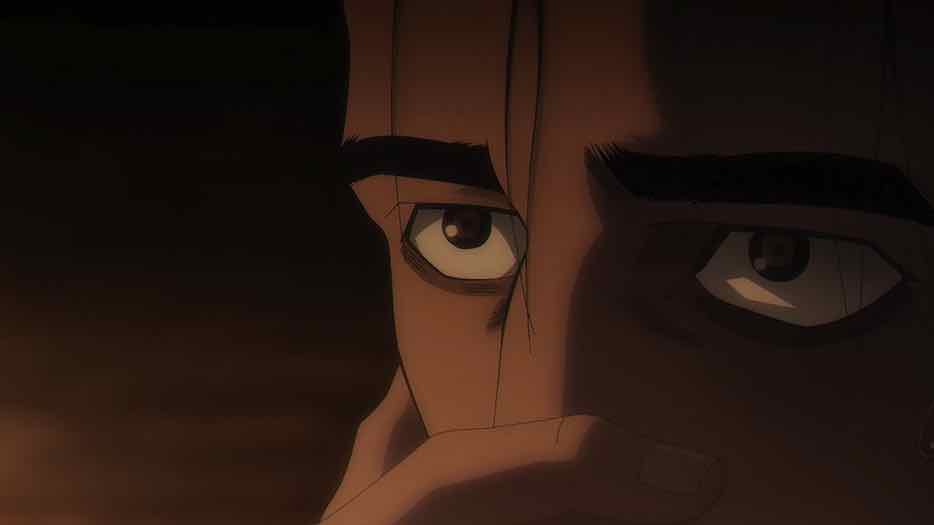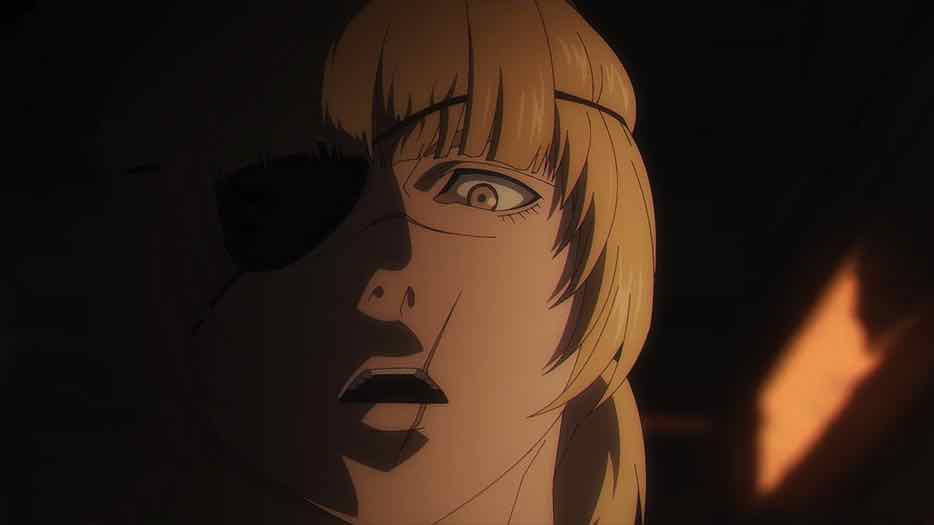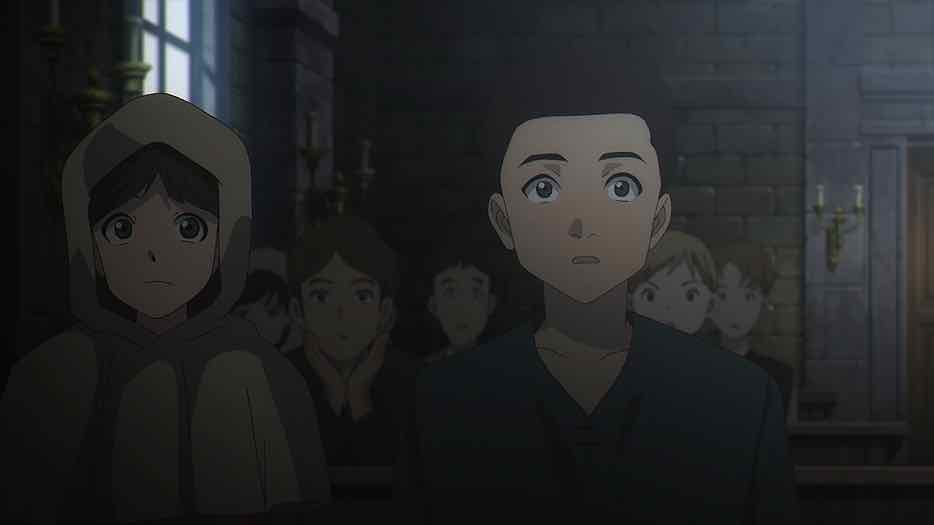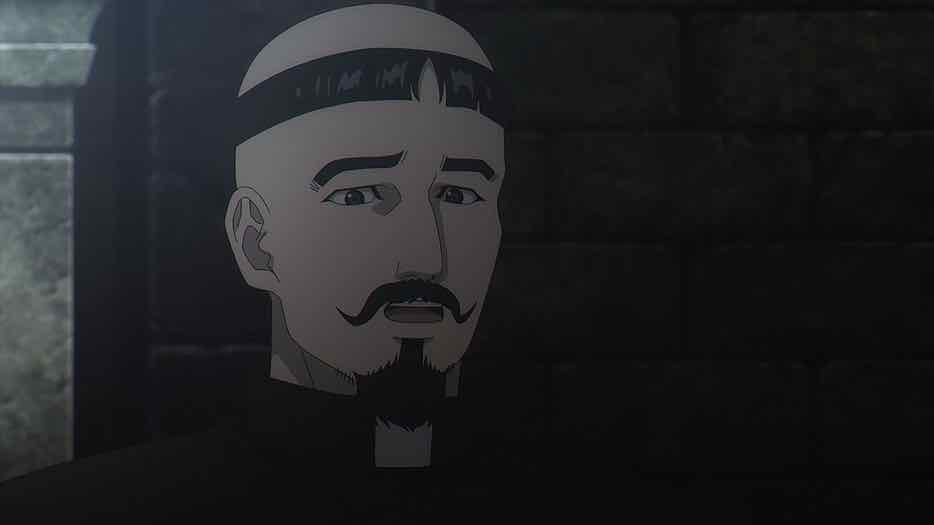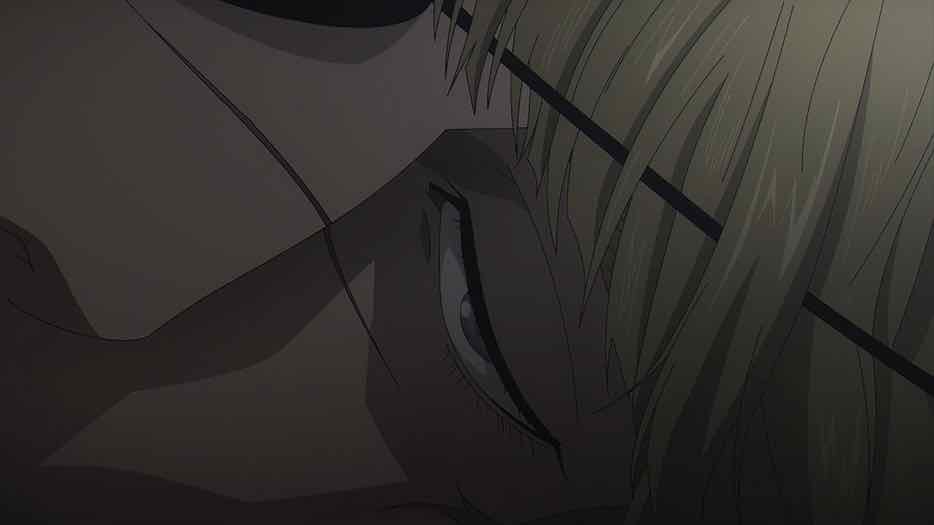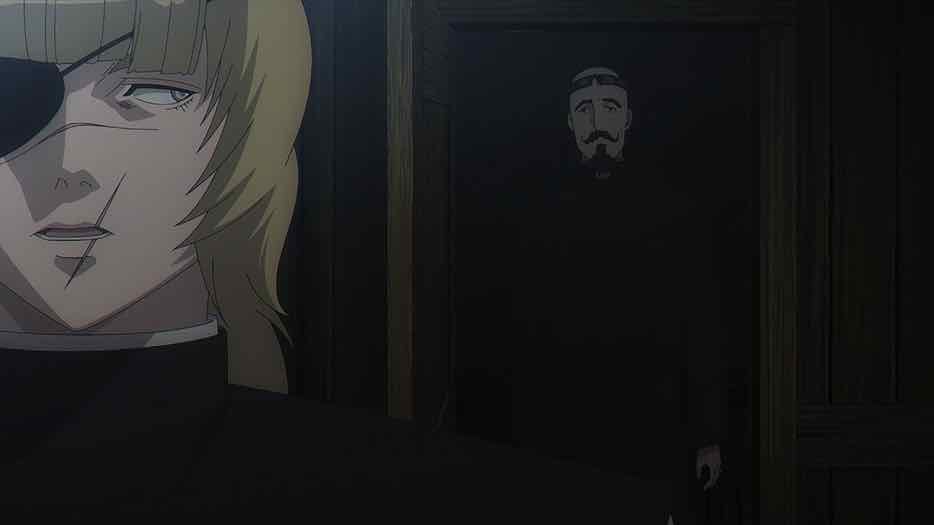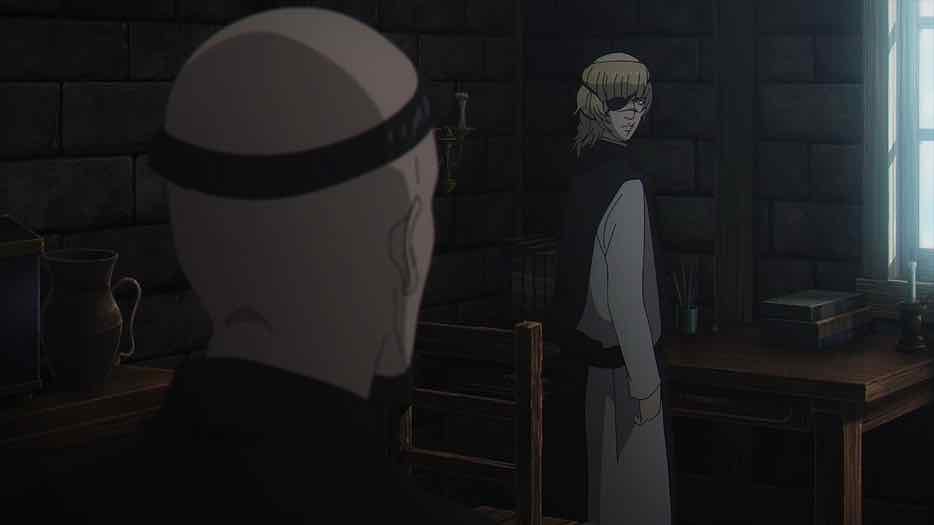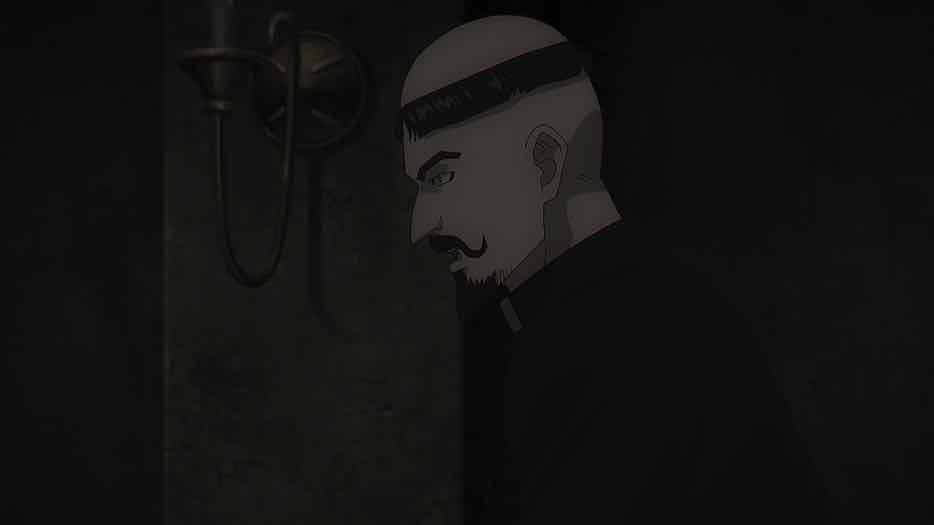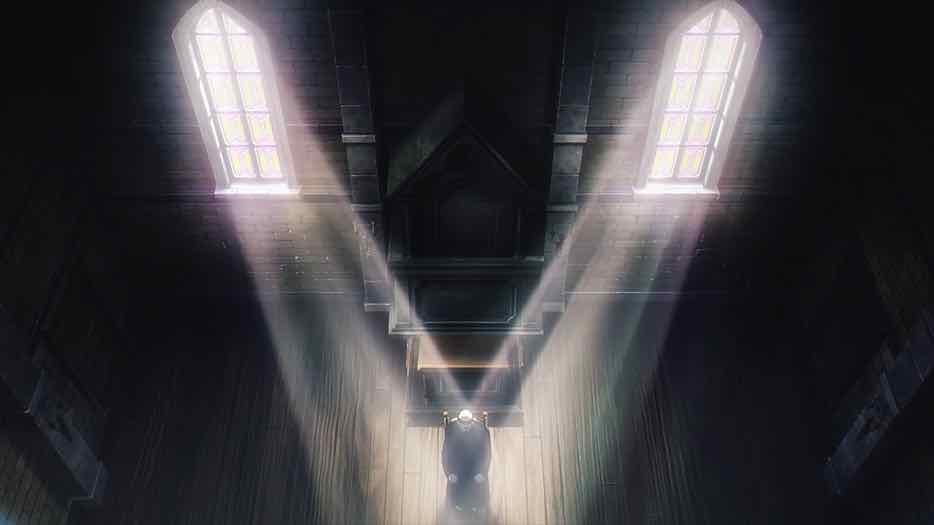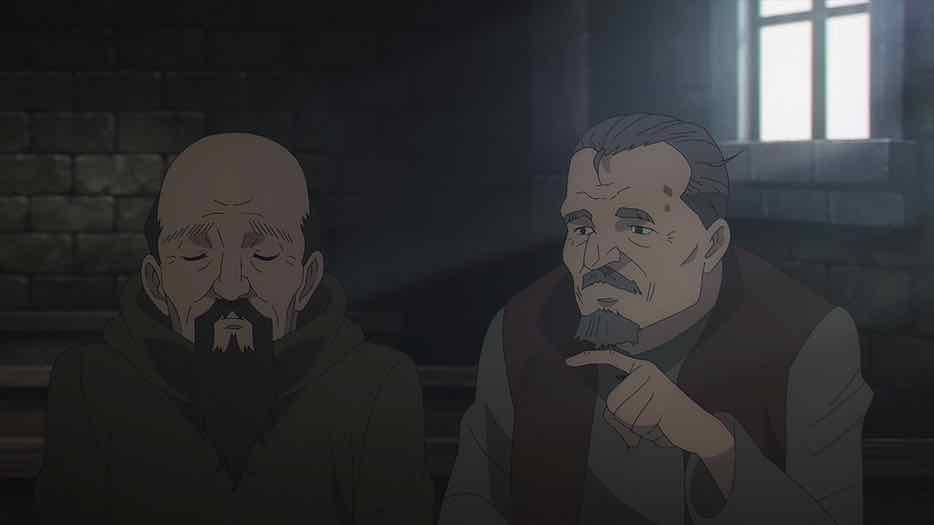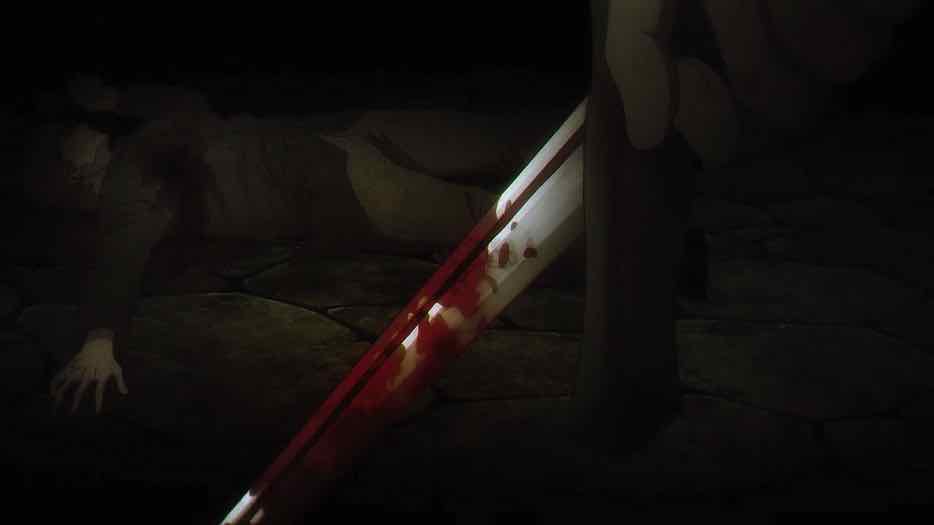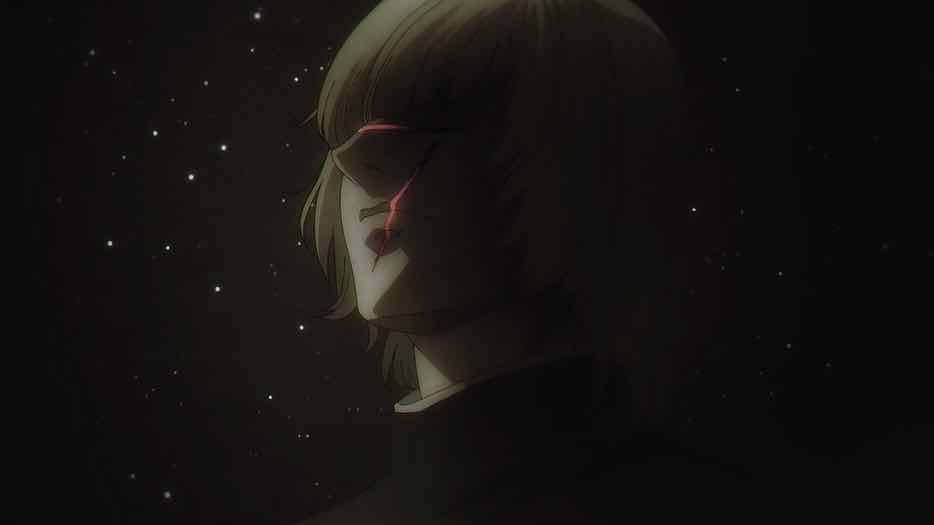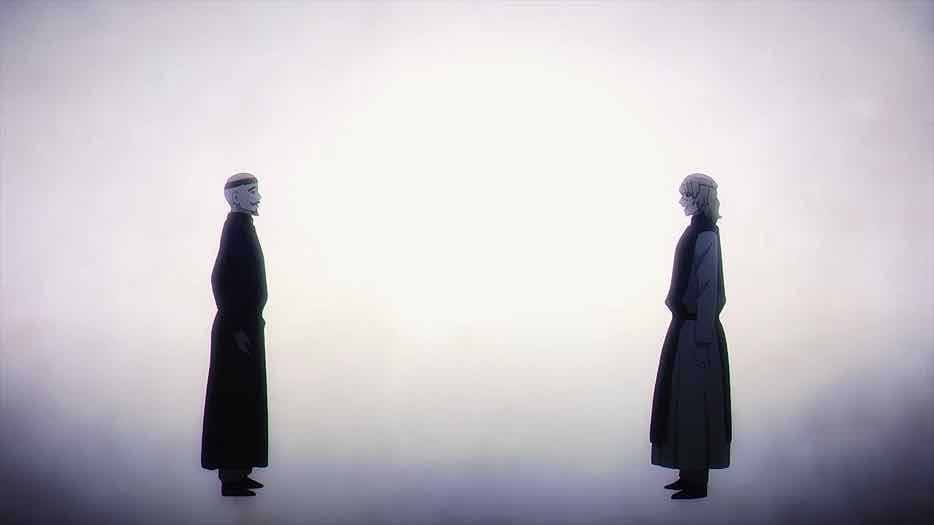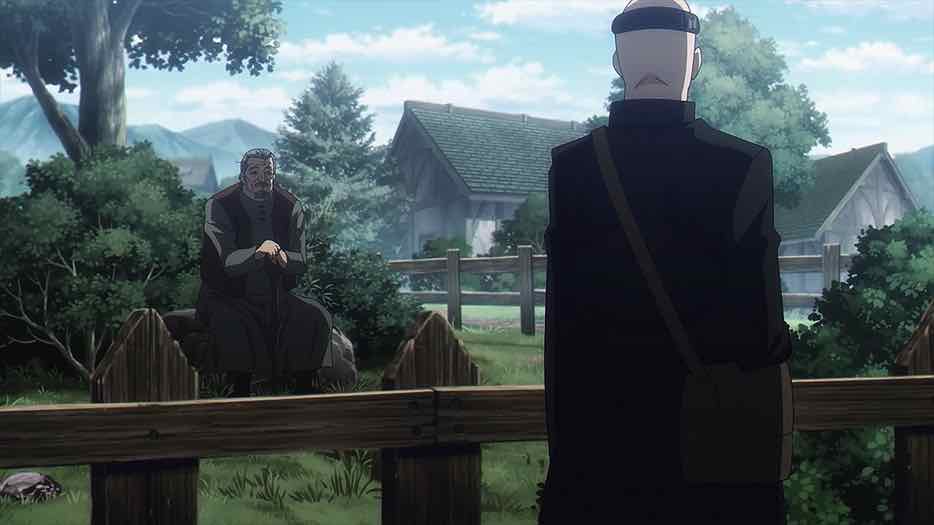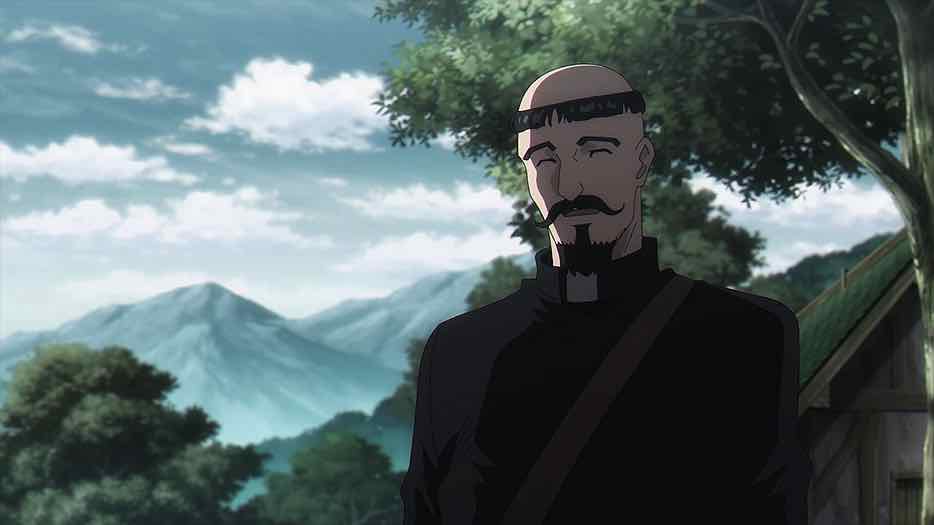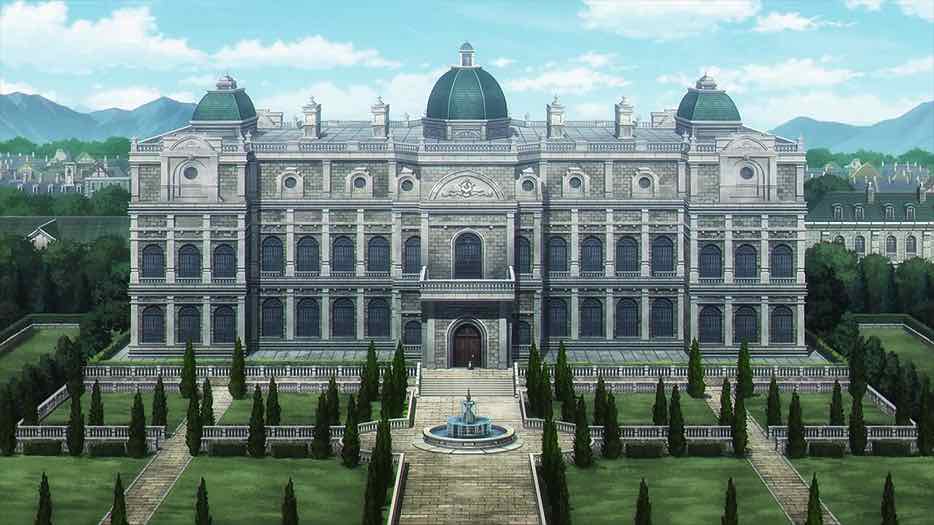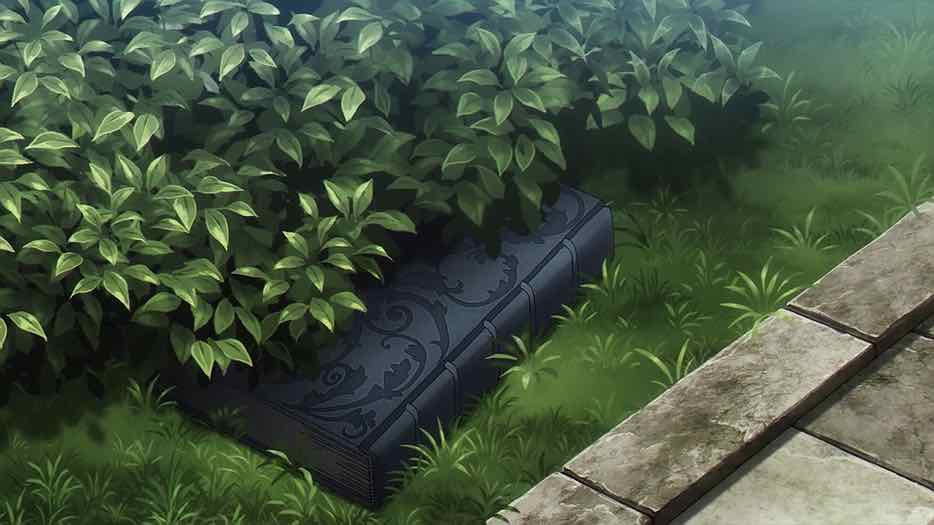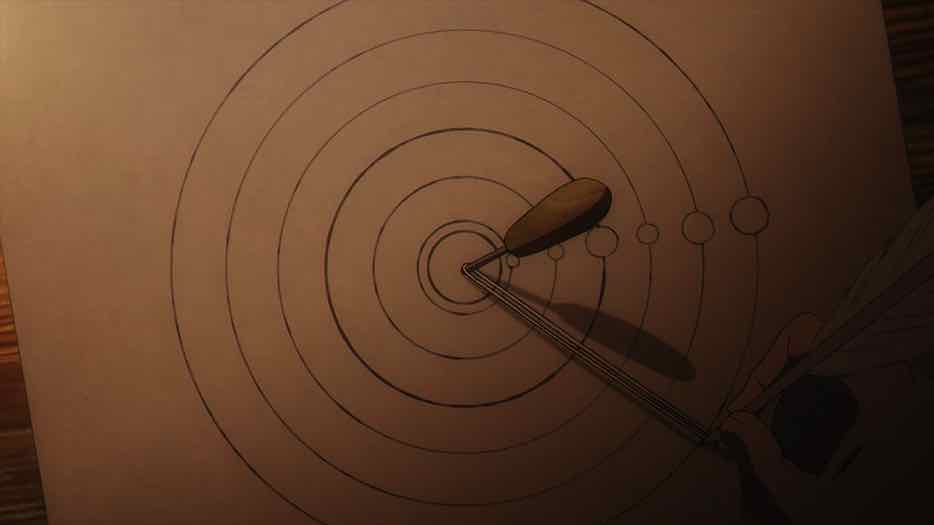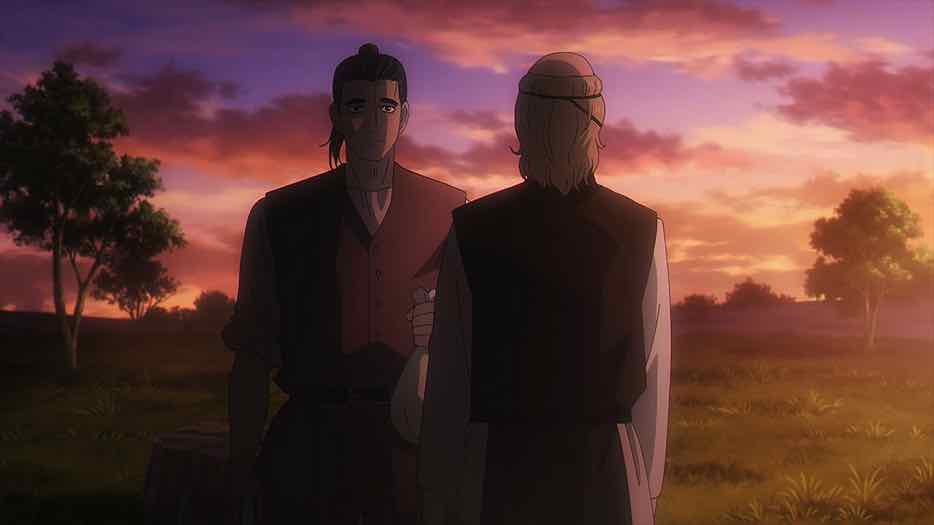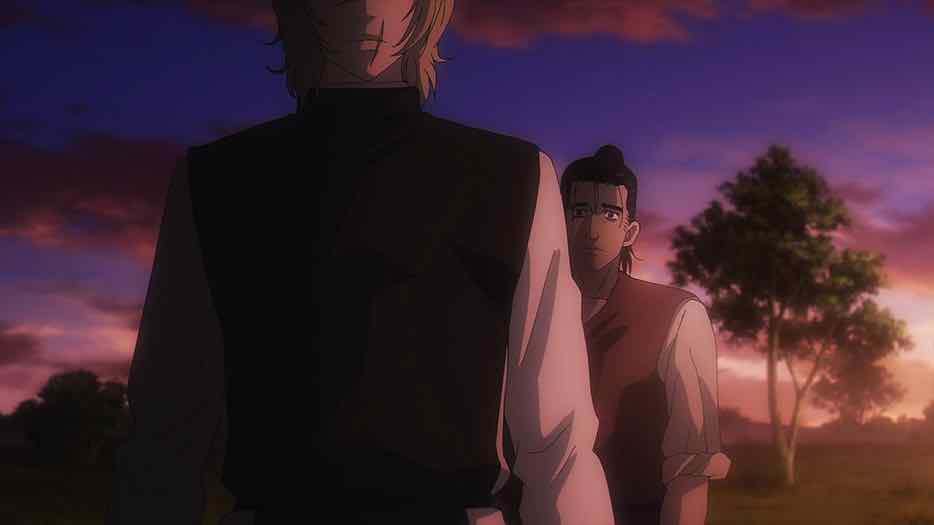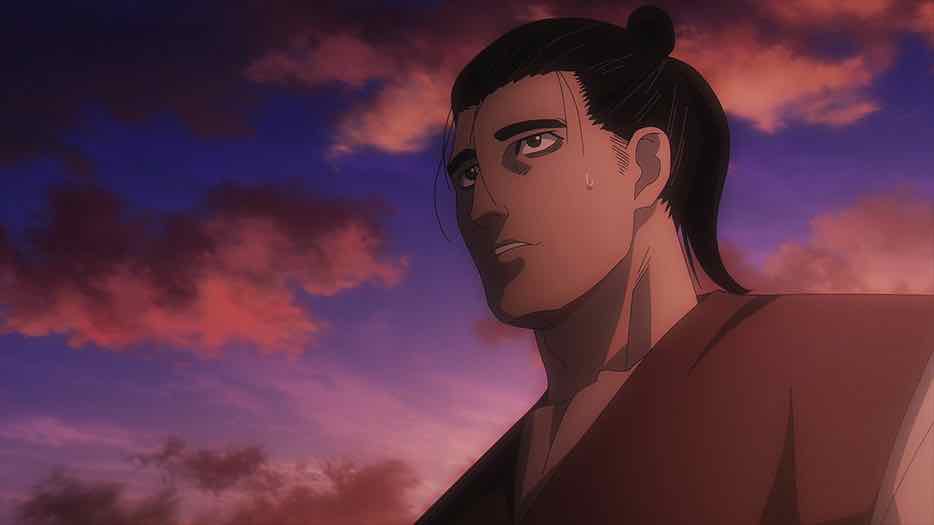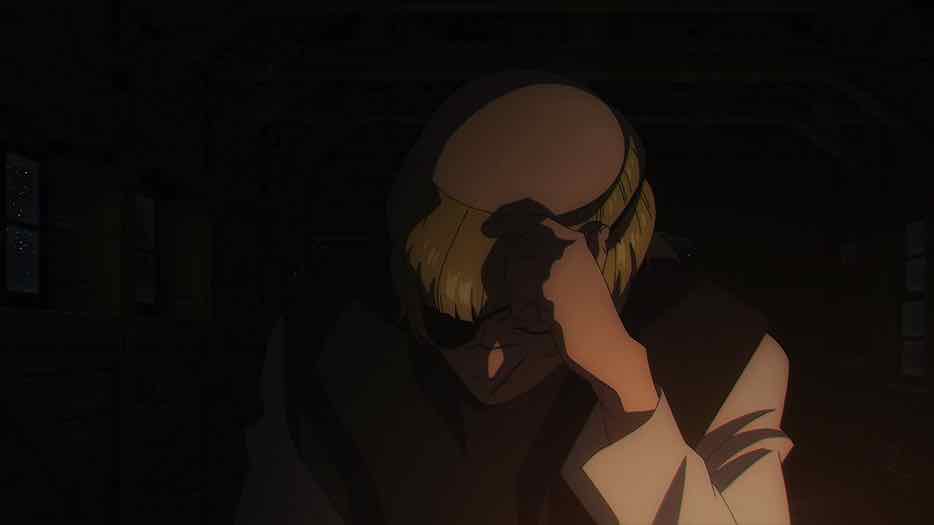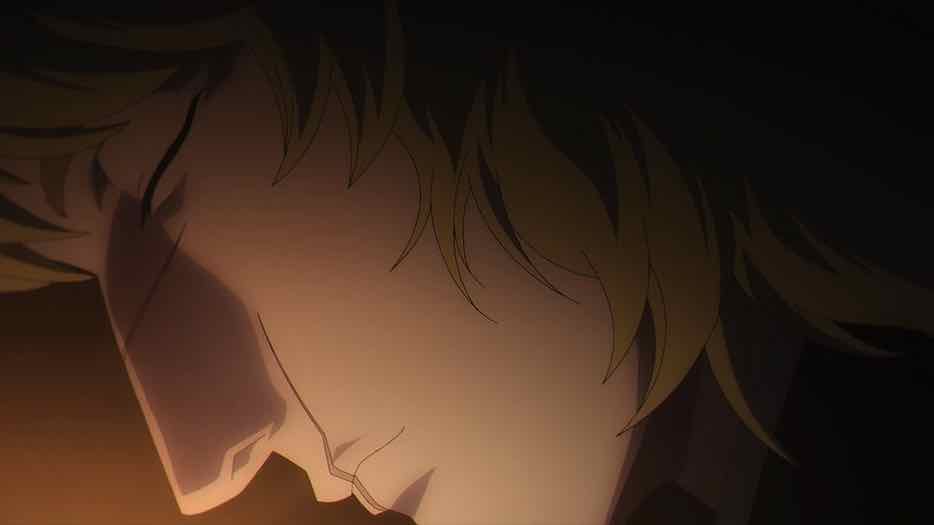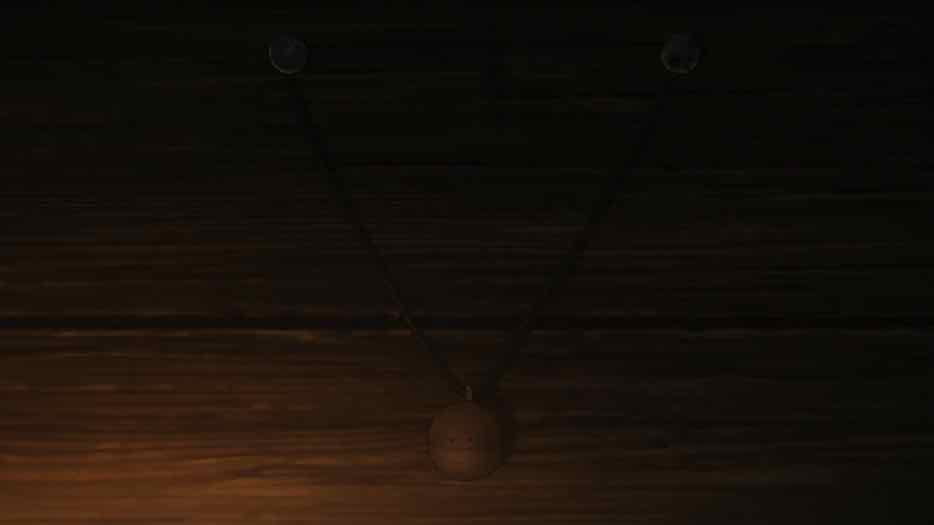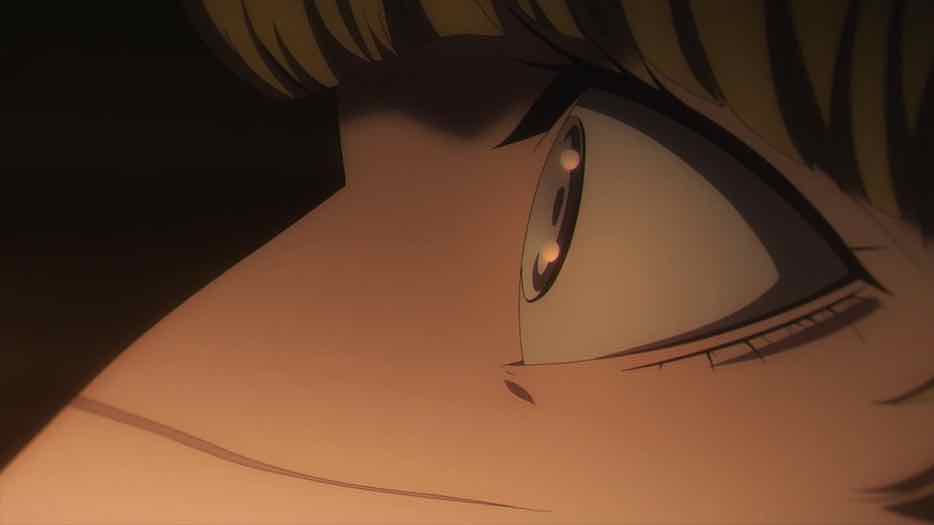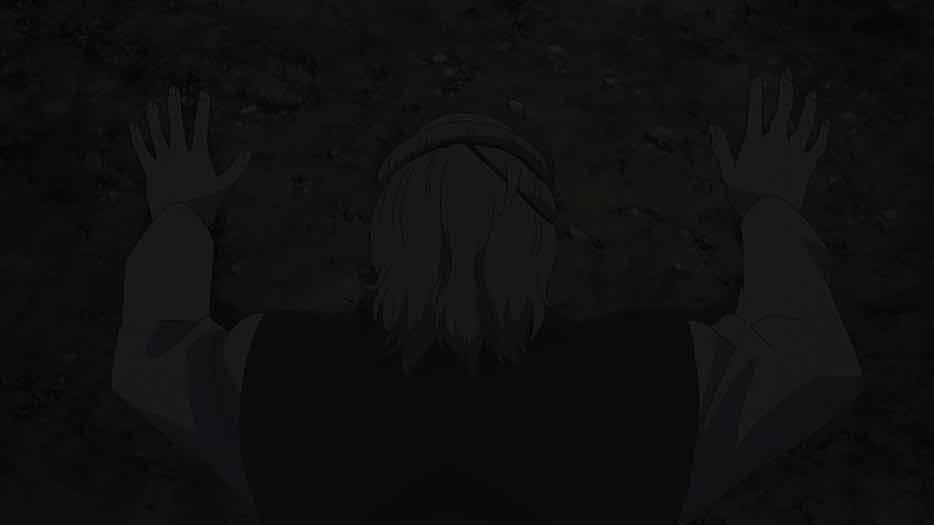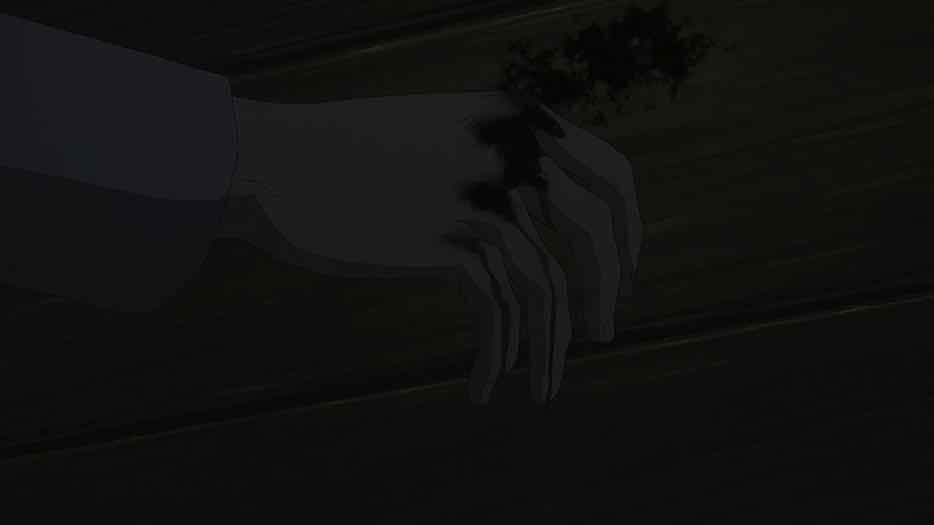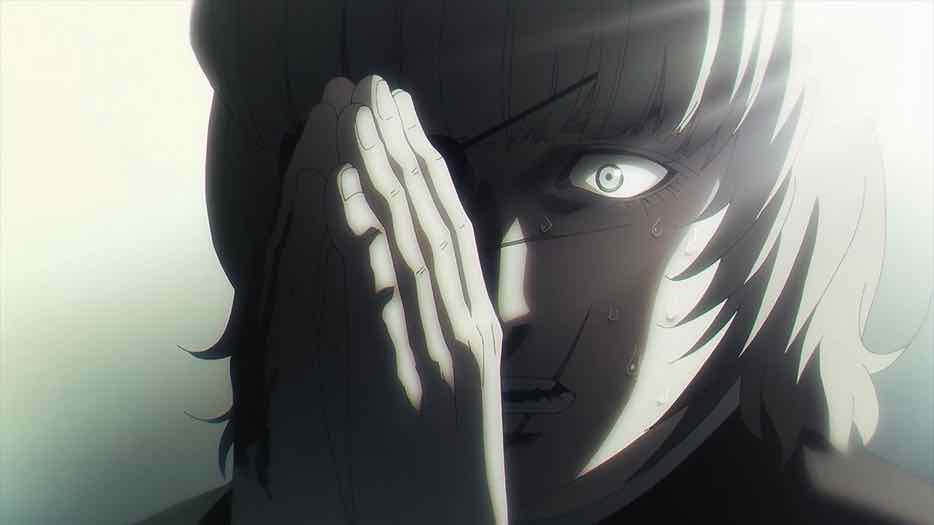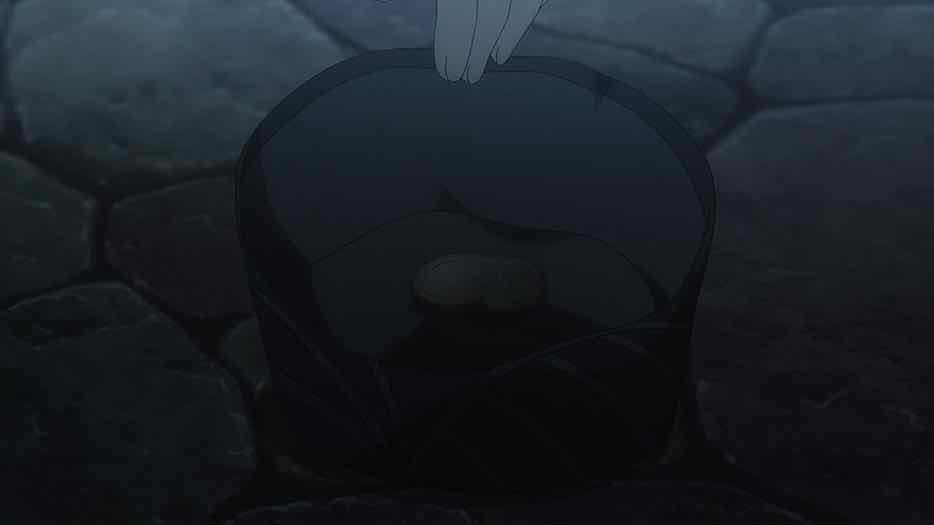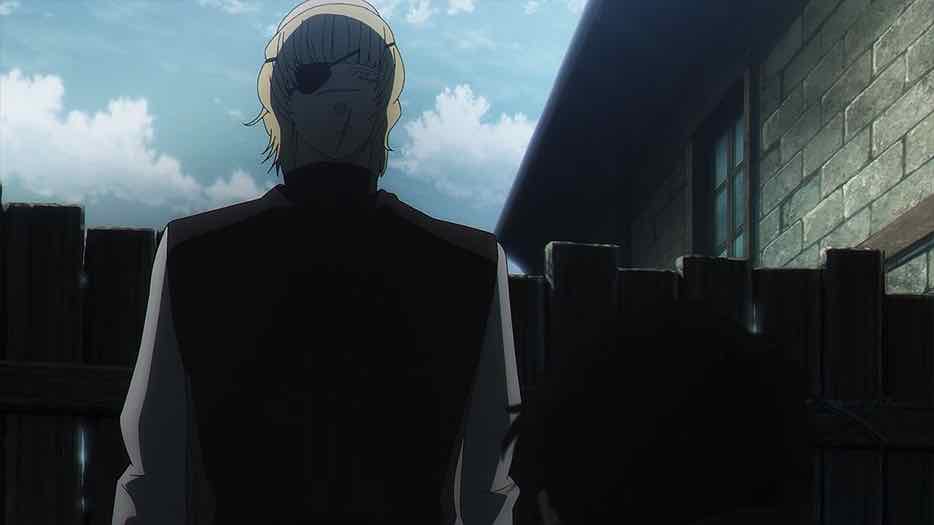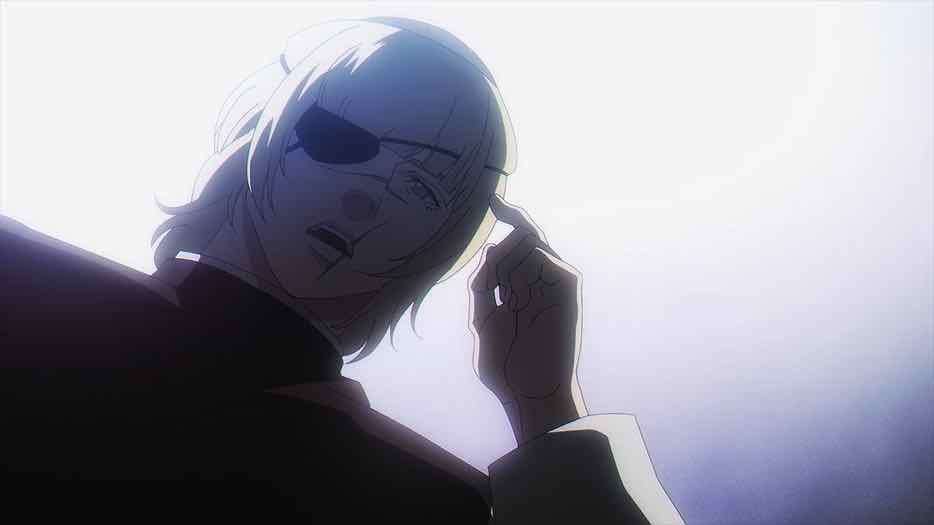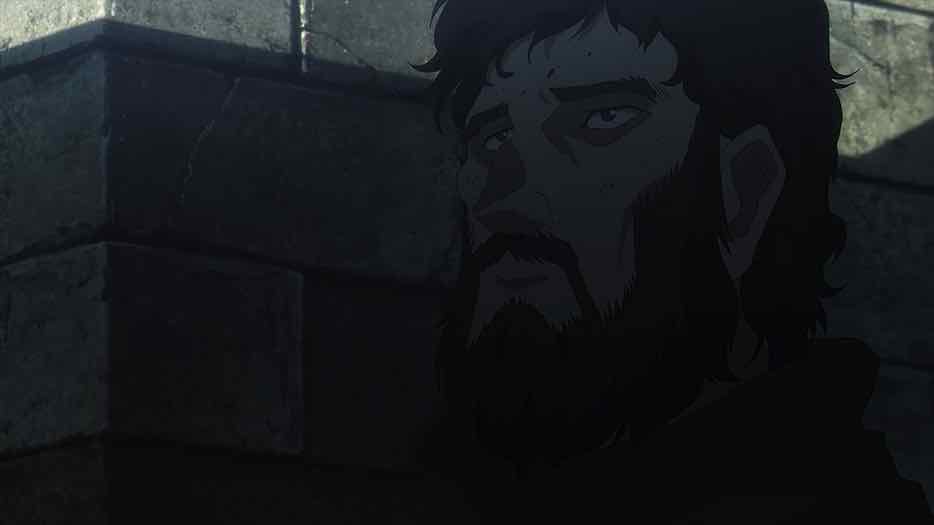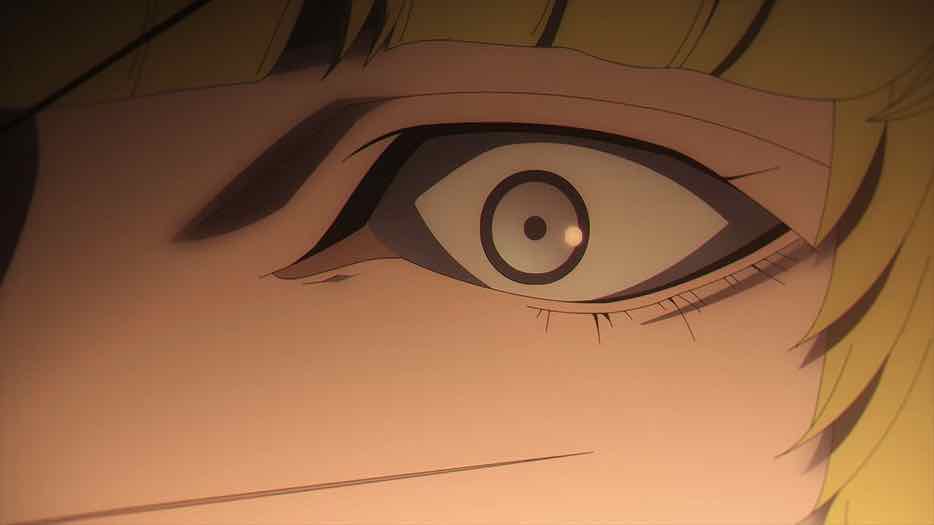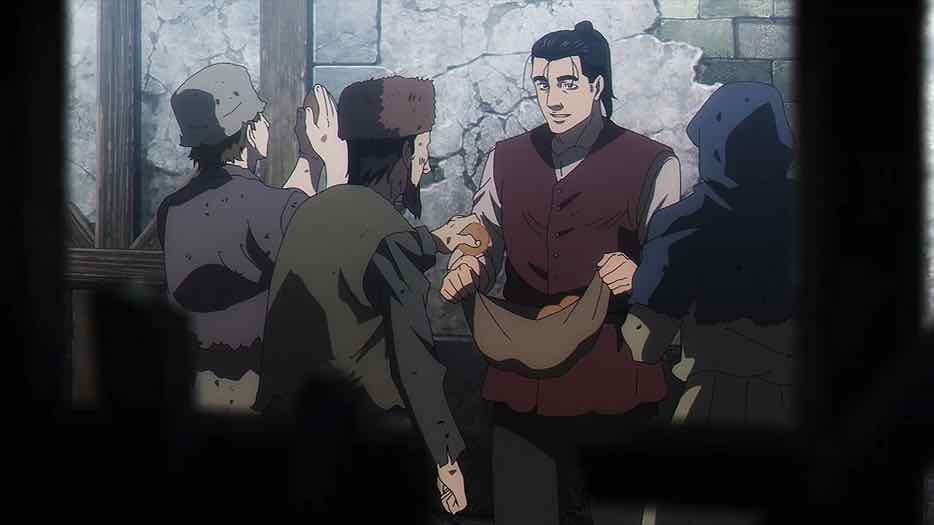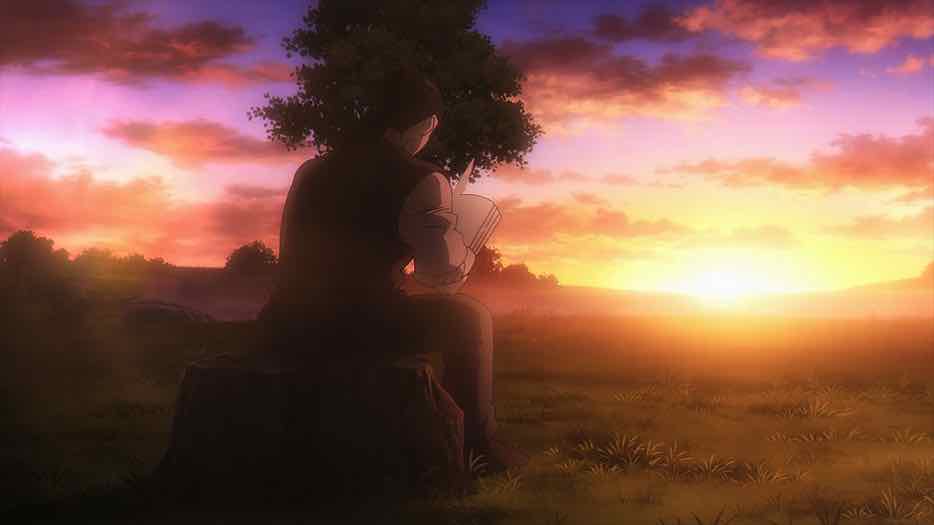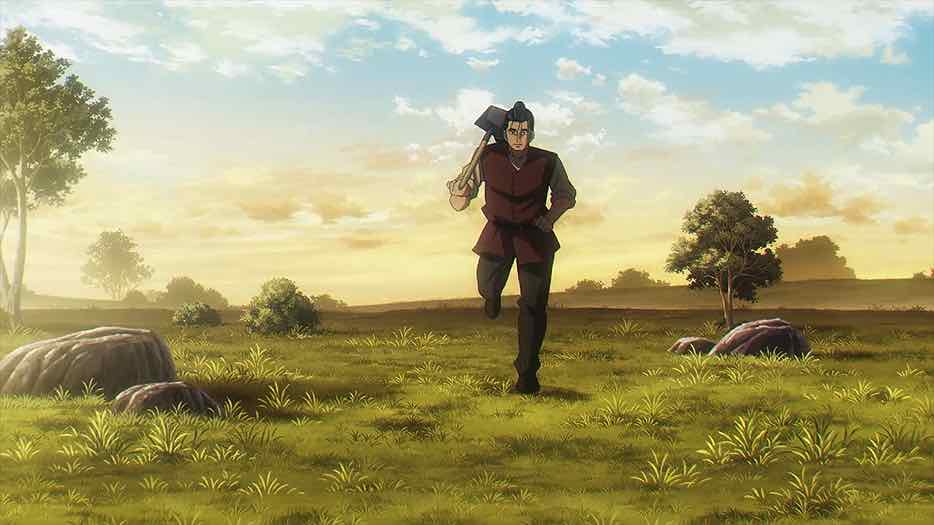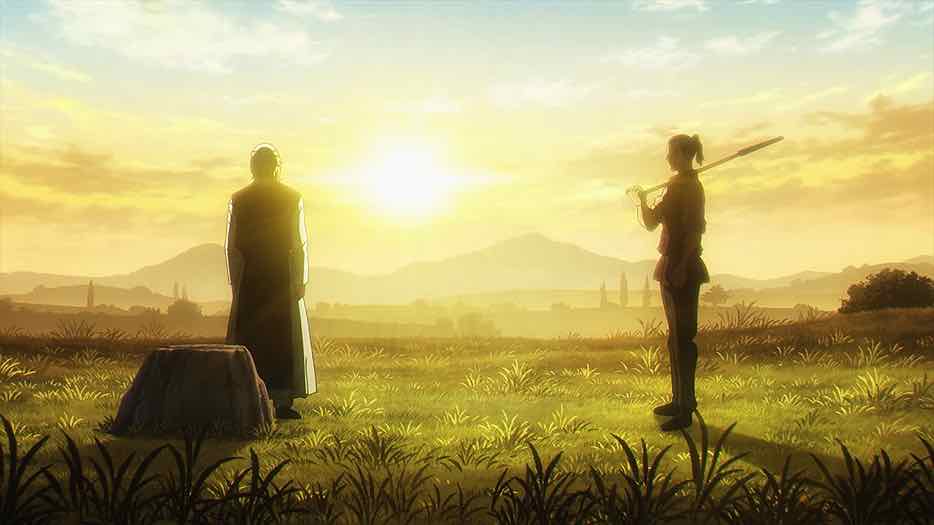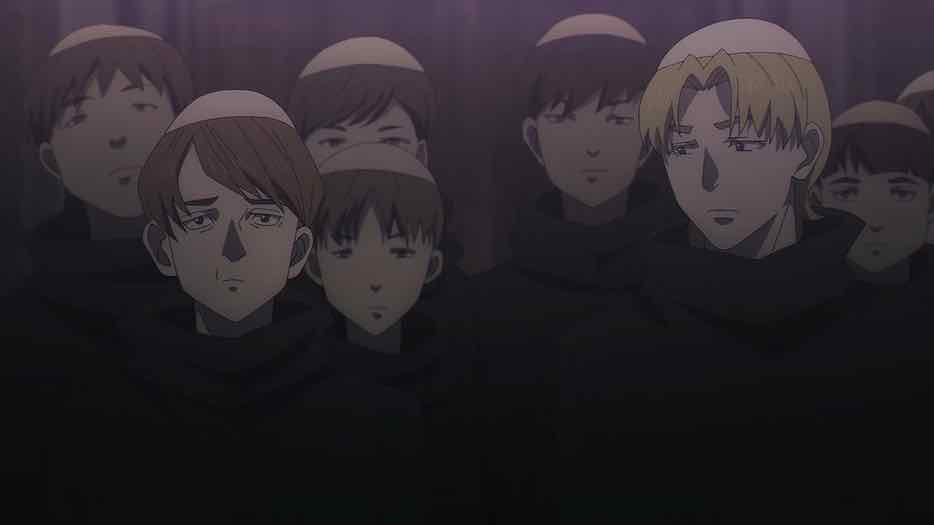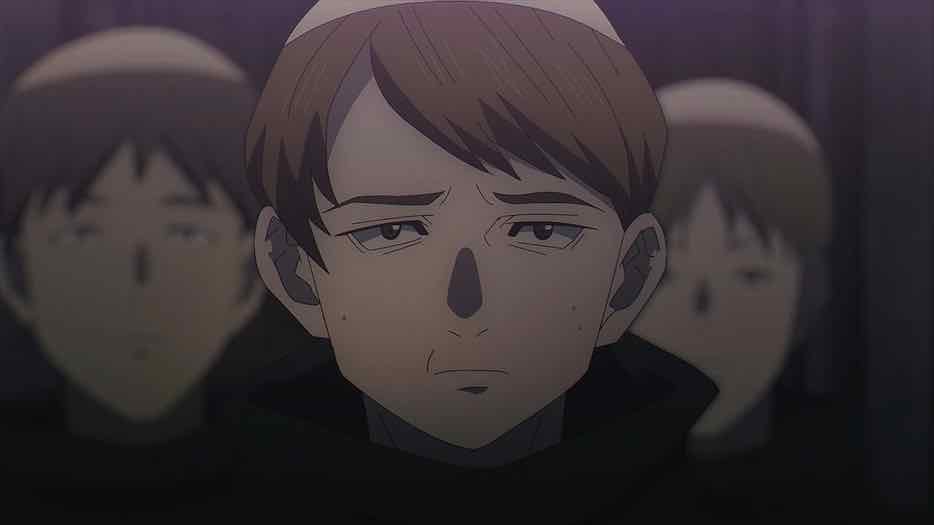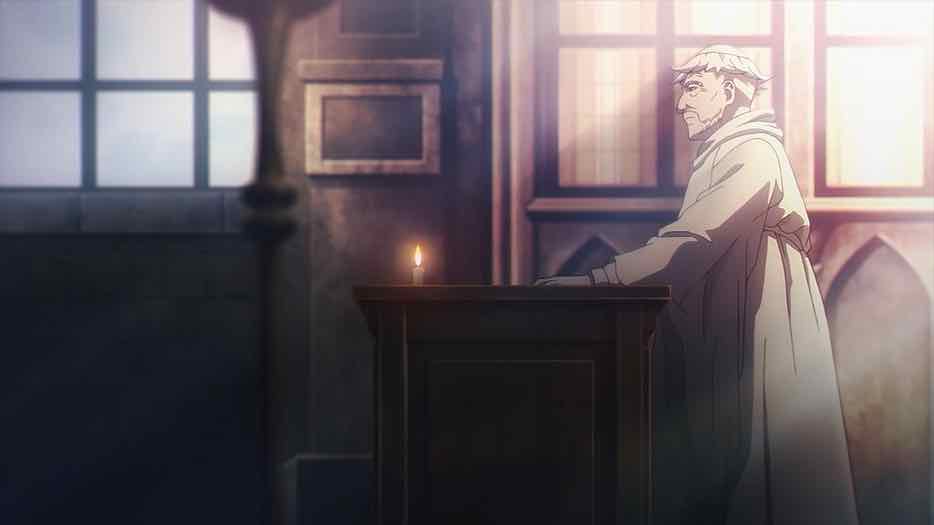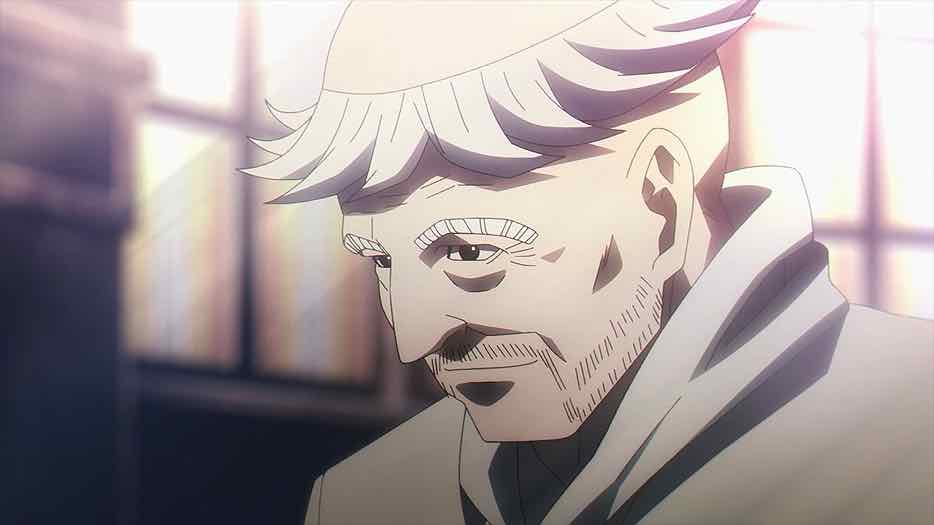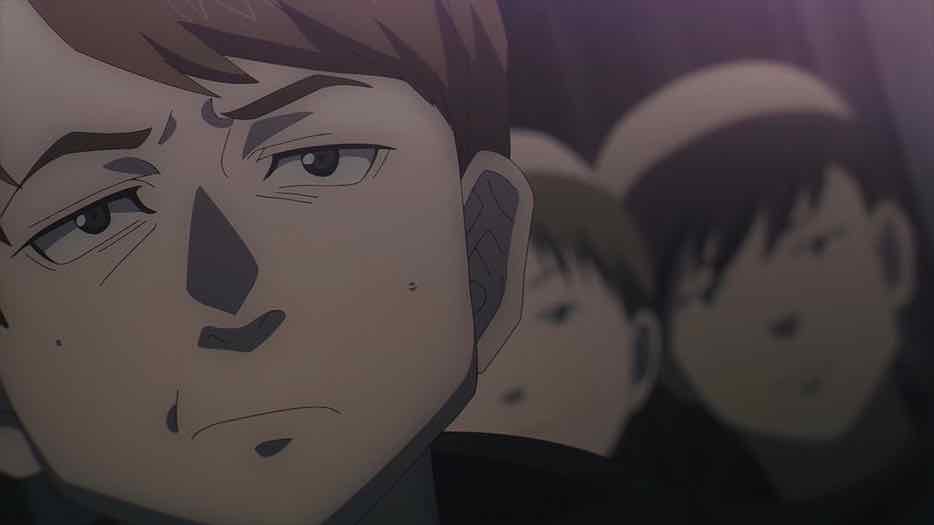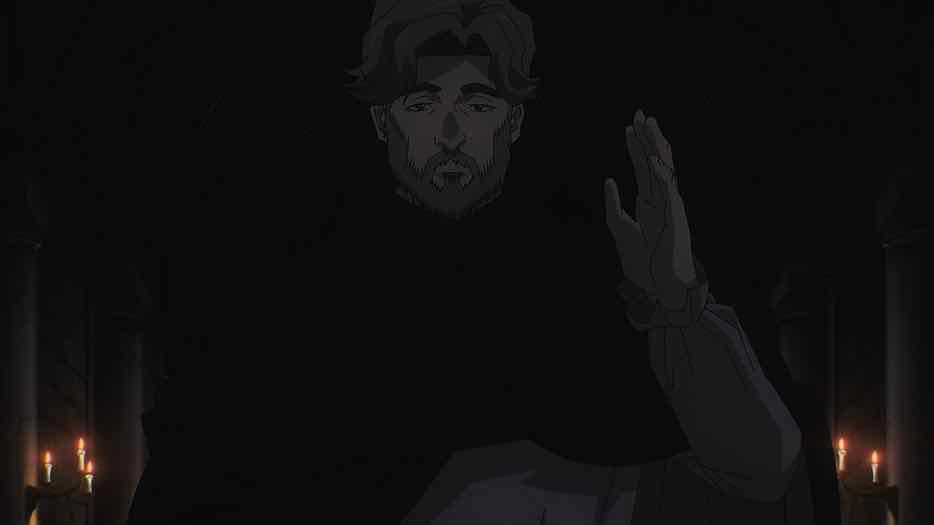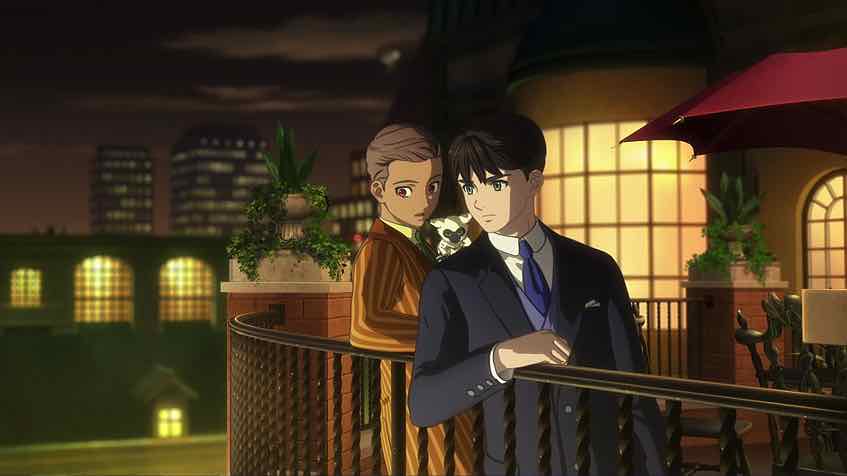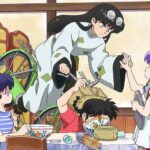Fittingly after my long-winded ramblings last week, this episode of Chi.: Chikyuu is called “Truth”. It always comes back to that, heliocentrism or not. The science is integral but it’s the means by which Uoto is exploring larger questions. The largest questions, really. And while their view of northern Europe in the Middle Ages is a bit of a Japanese funhouse mirror one, I think in some fundamental ways it comes pretty close to the reality of it as best we understand it today. And that was in evidence here.
“Knowledge is power” is one of those old saws so eponymous that we rarely stop to think about what it means. Well, it means exactly what Badeni would probably think it means. Education and literacy being reserved for the Church and the wealthy is not just a matter of opportunity and circumstance. It’s a political strategy. It’s social engineering. When you lived the way the peasantry of medieval Europe lived, you certainly had few reasons to be satisfied with your lot in life. And the more you understood about how the world worked – in every sense – the more discontented you were likely to be. And discontent among the peasantry was an ever-simmering source of terror for the privileged.
That’s not a particularly provocative statement to be honest – it’s just the way it was. As ever the truth of this is very complicated. As Europe reeled from the chaos ensuing after the Roman Empire collapsed, it was Christian monks (in places like Ireland and the Scottish islands) who kept knowledge of the past alive. That wasn’t political, it was necessity. When ideas like heliocentrism arose they threatened the status quo not because of political implications, but because they challenged the fundamental assumptions of theocratic orthodoxy. But the reason why Badeni was so appalled that Jolenta was teaching Oczy to read and write was purely political and social.
Badeni certainly isn’t an easy man to like. He seems to care not at all for Christian ideals like charity or humility. He seems to view those around him, even allies, as tools to be used until they’re no longer useful. He has practical reasons for disapproving of Oczy’s personal development. Oczy is valuable to him for his eyes, and that’s all. His mind is of no interest to Badeni. Nor are collaborators, or the way his research could change the world for the better. He cares only for the pursuit of knowledge, and yearns to be the sole possessor of it. And of course, Oczy setting anything down on paper presents a potential threat not just to the research, but their very lives.
The local priest, Grabowski (Sakaguchi Shuuhei), in whose church Badeni lives and works (though not the real work) is scarcely less beneath contempt. Grabowski is hard-working and dedicated, much loved by the villagers. But he’s intellectually curious – he joined the clergy hoping to have a chance to study the Roman poet and philosopher Lucretius (whose writings were influential in the eventual development of atomism). But he longed to do so because “so many intelligent men quote him”. In Badeni’s eyes Grabowski is barely above Oczy – an intellectual pretender, interested only in the ideas of others and not of his own.
Badeni’s contemptuous attitude towards- well, everyone – may eventually be his downfall. A massive influx of new inquisitors is on the way, suggesting a ramp-up in the persecution of radical thinking. Oczy may seem small and powerless but in truth, he could destroy Badeni if he so chose. Grabowski is in an obvious position to do Badeni harm – in effect he’s shielding him as it stands, and the way Badeni treats him may color his thinking should people start nosing around and asking questions. But Badeni seems disinclined to or incapable of acting with this in mind.
None of this is to say Badeni is naive or cavalier about his own safety. He “requests” Oczy dig a tunnel between the barn he uses for research and the church, as a potential escape route should it ever be needed. In return he initially declined even Oczy’s modest request for more daily bread, disdainful of his habit of giving it to the poor. But he still needs Oczy – and it’s Oczy’s necklace (the spine which runs through the entire series so far) which plants the seed in his mind of why Piast’s observations might not work with the data at hand. If indeed Piast’s observations themselves are flawed – a casualty of his bias towards his “beautiful” hybrid model – the only solution is more observations.
Elliptical orbits are the key to everything. In truth those wouldn’t become widely understood until much later (Kepler, in the 17th Century) but again, Orb is not a history textbook but a drama. They seem to be the piece that completes the puzzle for Badeni – so much so that he says the research into heliocentrism is “finished”. But what does that mean, exactly? Badeni may not care about bettering the world, but if he truly believes he has a working theory that will fundamentally change it surely he’d want to prove it and share it. But no one understands better than he the obstacles arrayed against him should he try and do so – and the peril they represent. Just what this strange and difficult man really wants is one of the great mysteries in this story.



